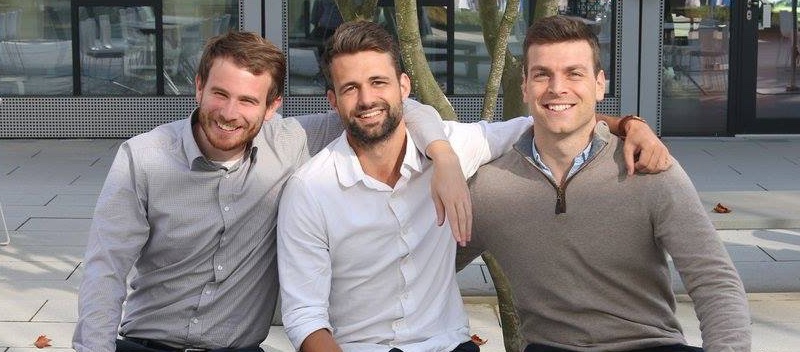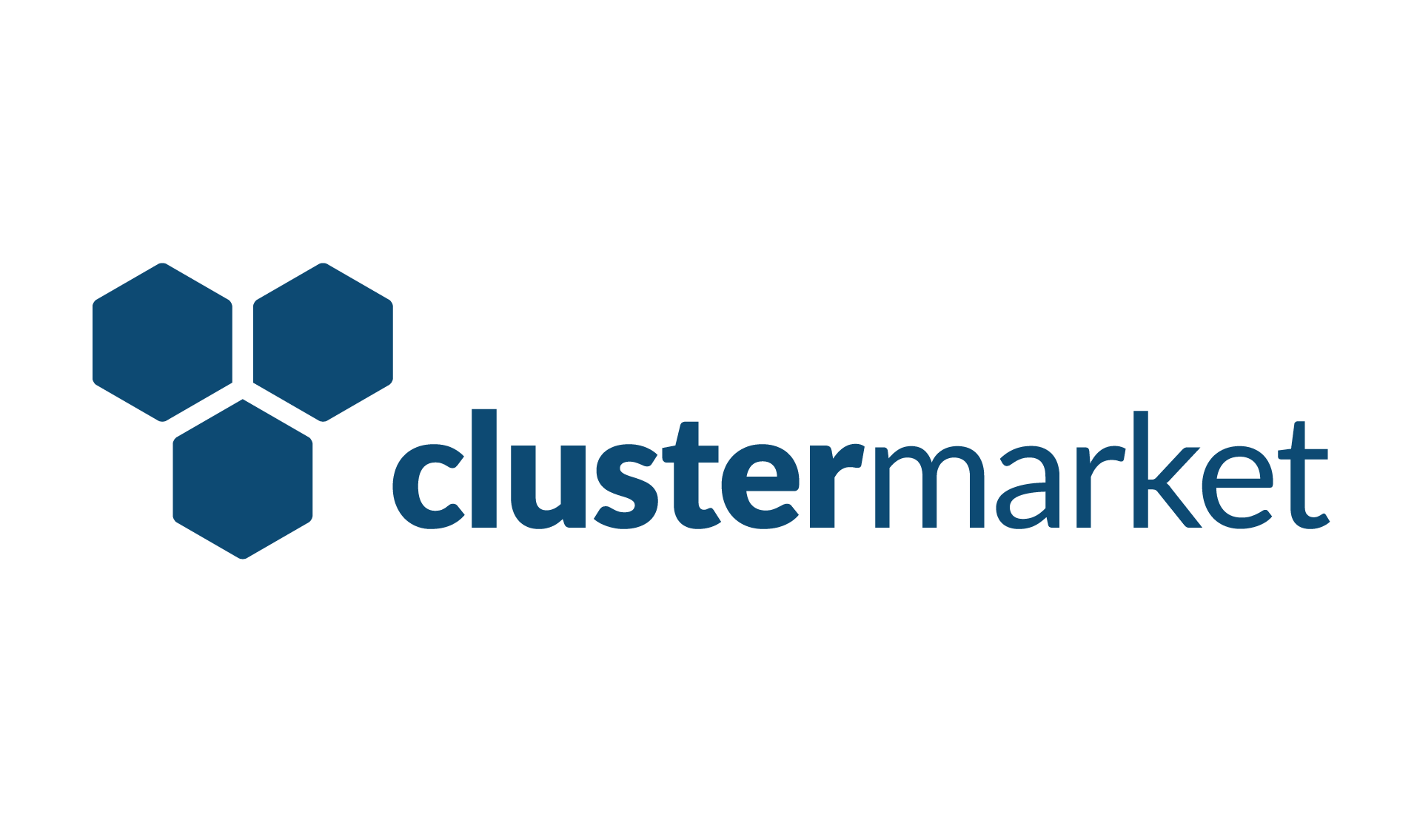Johannes Solzbach, CEO of Clustermarket spoke to Angharad Baldwin News Editor, Manufacturing Chemist, about the new concept.
Clustermarket hosts a new software platform that enables universities, pharmaceutical companies and biotech companies to rent out laboratory equipment, thereby reducing the redundancy of expensive equipment.
But how do you cause a disruption in such a traditional industry and get people on board with what seems to be a radically new way of doing things?

Johannes Solzbach
Johannes Solzbach is a Bachelor of Science, Business Administration and Computer Science, and worked for two years in corporate finance before meeting his fellow Co-founders Tobias Wingbermuehle and Niklas Friedberg when studying for a master's in London.
Friedberg had the original idea during business school and the group later started work on the platform as a part time student project.
Friedberg’s original concept was to build a software platform that connected clusters, but it was Wingbermuehle, who saw the potential for the sharing platform to be utilised in the life sciences sector.
CEO Johannes Solzbach says: “In the beginning we were focussed on one external sharing platform, that allowed access to specialised equipment. However, the more we worked on the idea and the more interest it generated, we realised an additional potential for internal sharing within large research institutions.
We saw the demand for a platform like this, so pitched the idea to UCL, who agreed to run a pilot.
The company also secured funding from the Merck Accelerator programme, which enabled the three Co-founders to work full-time on the idea.
The platform consists of a provider side and a customer side; the provider side, often academic institutions, supplies the equipment and the customers, often smaller biotech companies, who have a high demand for specialist equipment but lack capital, rent the equipment.
The group saw an obvious demand for sharing high tech, expensive resources; the challenge was convincing providers to share their lab space with external organisations.

L–R: Niklas Friedberg, Tobias Wingbermuehle and Johannes Solzbach, Co-founders at Clustermarket
Solzbach believes that the advantages, such as a more collaborative approach to science research and a “cultural change” in the way academics in the UK approach their research, will lead to this software platform taking off.
“There will always be people who do not like the idea and want to do their own research. But there are more advantages than disadvantages,” he says.
“Offering the use of your equipment makes your own research more financially sustainable, the likelihood of receiving a grant in the future increases if you demonstrate you are supporting other research. The Research Council also offers incentives for equipment sharing.”
With such a concept certain logistical issues immediately spring to mind, such as: who provides the consumables; who ensures the rented space is kept tidy; and who ensures that contamination does not occur?
Solzbach explains: “Providers describe what they are willing to provide, if they are not clear, Clustermarket will ring to ask them to further elaborate on what is included. If consumables are not provided this will be stated and the user will know to bring their own. Providers will also offer a health and safety induction when the user first comes to the lab and it is unlikely that someone will work alone. This system is ultimately based on trust, however and a like-minded community is vital.
“It is a transparent system, which employs a review process. So if for example someone did not leave the lab in a tidy manner they would receive a bad review, which others would see.”
It is ultimately up to the provider whether they choose to rent out their space to the user and some prefer to meet in person or have a phone call before beginning their partnership. It is important to remember that Clustermarket benefits the most when both parties are satisfied and therefore it firmly supports the vetting process.
When asked how do equipment suppliers feel about the concept, Solzbach replies that they stand to benefit from the service too: “If the equipment is used more, the providers will sell more. It is key to remember that biotech companies cannot afford equipment at the beginning anyway. We want to give them access so that they can do better research, in a more efficient way. And the more equipment used, the more consumables are sold; a good reason for equipment providers to support the platform.”
The team at Clustermarket have begun talking to equipment providers and have had a good response from those keen to participate in this new way of conducting science research.
Currently innovation in science is limited to only a few individuals that have the right set-up and financial backing to succeed. Due to previous traditions and established networks only a few receive the money required for equipment and infrastructure. Clustermarket offers a novel opportunity for a wide range of scientists to prosper and from more opportunities more ideas and good outcomes can grow. “The more ideas that get the chance to be developed further the more innovation we will witness,” says Solzbach.
The landscape is already being shaped, it is becoming really cool to start a biotech company, there are more and more accelerator programmes and more funding, looking to push science research in a new direction.
Currently academic institutions such as UCL, Kings College London, Imperial, Birkbeck, Cambridge and Oxford are involved. But the company is in the process of approaching all the universities in the UK currently conducting biomedical research.
Solzbach suggests that pharmaceutical companies could also prosper from the platform, “using it as a tool to create transparency within their organisations and having the ability to access equipment from other departments in the same company.
“People are always more conservative at the beginning but after witnessing positive case studies, more people come on board. Also, everyone will benefit from this way of conducting research — eventually even the general public — as more innovations in science occur.
The culture must change, it won’t happen overnight, but we will get there.
With a strong tradition of institutional science in the UK it seems unlikely that we will see a change overnight but the advantages of such a platform are clear. After all, scientists are happy to upgrade mass spectrometers, PCR machines and fume hoods so why not the technology behind sharing the equipment?
The platform is a tool with the ability to increase efficiency of how resources are currently used in the laboratory and the possibility of increasing the speed of science innovation in the UK. It remains to be seen if organisations will embrace it, but it is certainly one to look out for.

